Learn how clinical pharmacy training can complement work on the lab bench
Name: Levi Smith, PharmD, MS
Position: PhD Candidate at Yale University
Interview Summary with Levi Smith
Levi Smith is a PharmD with a Master’s Degree in Pharmaceutical Sciences. He is currently pursuing a PhD at Yale University in the department of Cell Biology. Levi uses animal models and cell lines to study the molecular mechanisms of Alzheimer’s Disease, with an ultimate goal of identifying where pharmacological intervention would be beneficial.
This interview highlights the path of a drug from target discovery all the way to clinical uses and applications
1. How did you get to your current role?
- Started off pre-pharmacy with an interest in how drugs worked
- Realized that the PharmD is a very clinical degree
- Connected with a professor with a molecular biology background
- Had the opportunity to create a dual-degree pathway
- Incorporated research and additional coursework on top of the PharmD curriculum
- Graduated with a Master’s Degree in Pharmaceutical Science
- The hands-on research experience helped to guide Levi’s decision to pursue a PhD program
2. Where will the PharmD/MS/PhD take you? What type of work do you eventually want to do?
- Continue working on drug development
- Transition from screening millions of compounds to coming up with a clinical candidate that could move into human studies
- In-vivo pharmacology role with a biotech company or pharmaceutical company
- Goal is to create meaningful therapeutics for needs that are currently unmet
3. How does this role fit within the other roles available in the pharmaceutical industry?
- Opportunity to work with Eli Lilly in a drug development role
- Other opportunities include business development, regulatory affairs, medical science liaison, etc.
- Many pharmacological targets are discovered in the academia setting
- Drug industry will then jump on these targets to attempt to develop drugs
- After drugs are initially screened, they will eventually move to clinical development
4. What advice would you give to people who are interested in pursuing a career in drug development and the pharmaceutical industry?
- If you want to work on the bench in drug development, you need to have a PhD
- The PhD gives you the upward mobility in a drug development setting
- PhD allows you to lead a scientific team and determine “which questions are we going to ask?” and “how are we going to ask them?”
- A PharmD is more than adequate to get into the business development side or clinical roles such as a medical science liaison
5. What experiences do PhD programs look for in potential candidates?
- Most important piece is your research experience
- The committee wants to see if you know what it’s like to be in a lab and to do research for an extended period
- Summer research is adequate if you can string together 3 months at a time, but longer projects are ideal
- GPA is more of a cutoff
- GRE is a requirement
- A standardized test, mostly focused in math
- There is a reading and writing component
- Pharmacists are well prepared to take the GRE
6. What advice do you have for students who are passionate about areas of pharmacy, but don’t know exactly how to pursue them?
- Find the area of pharmacy where you spend extra time and constantly want to learn more
- Your career should be your passion; it is important to find a job that you have genuine interest in since you spend a good portion of your life in this career



